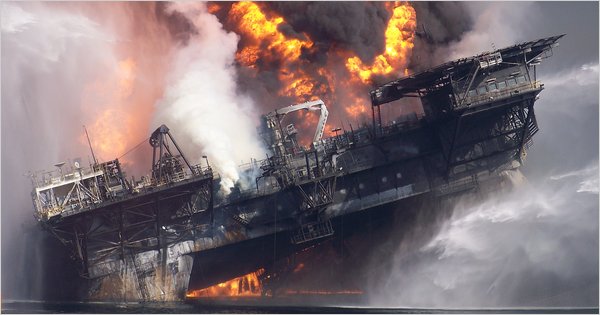I don't deny we need more jobs in America. But here is the State Dept.'s analysis on jobs:
annual jobs across the United States over a 1- to 2- year construction period (of which, approximately 3,900 would be directly employed in construction activities)....
Generally, the largest economic impacts of pipelines occur during construction rather than operations. Once in place, the labor requirements for pipeline operations are relatively minor. Operation of the proposed Project would generate 35 permanent and 15 temporary jobs, primarily for routine inspections, maintenance, and repairs. Based on this estimate,routine operation of the proposed Pipeline would have negligible socioeconomic impacts.
See here for more on the State Dept.'s analysis:
http://keystonepipeline-xl.state.gov/documents/organization/205719.pdf#page=16
For more an analysis on this document and views you express, read
Keystone PipeLIES Exposed: The Facts on Phantom Jobs, Phony Gas Prices and Missing Revenue
You are right that a
political analysis leads to believing sides are posturing. But is this the only analysis we should consider? Political insight focuses on who is winning and immediate
political impacts. What about actual logical analysis or perspectives on the future? What about the scientific analysis?
I don't deny many people are resisting to simply resist (on all sides). I only hope your post is sincere. Experience says most posters on USMB don't give a fuck. So surprise me or else don't bother by not wasting our time, please.
Beyond narrow understanding that political analysis provides, science definitively indicates climate disruption is due to industry, largely. Why are we using tar sands, the least efficient and a risker method of extraction? Tar sands extraction is costing millions of gallons in fuel to power the largest Uke Trucks ever made. Moreover,
the community, Fort Chipewyan, downstream from tar sands extraction site has a cancer rate incidence 30% above the average. Should we consider this or should we neglect human health and poor fuel ratios for political analysis?
If we continue to align ourselves with ancient fossil fuels by building more infrastructure (not just Keystone), we will simply not make adequate progress towards a sustainable economy. We will wait until nature foists it upon us. Then our options of gradual reduction are not possible. Permanent declines in food production, clean water etc will be a shock given the sheer abundance to which we are accustom.
So do we want to guarantee greater fossil fuel dependence when we could just as easily invest billions (not the current ~200M/yr) in creating a cleaner, abundant future while generating 100s of thousands of temp. and perm. jobs? It depends on your perspective. If you think about yourself only or the present day only, Keystone is negligible and can offer a way to resist sustainable change for old fogeys. But this extremely narrow perspective is not the only one to consider.


